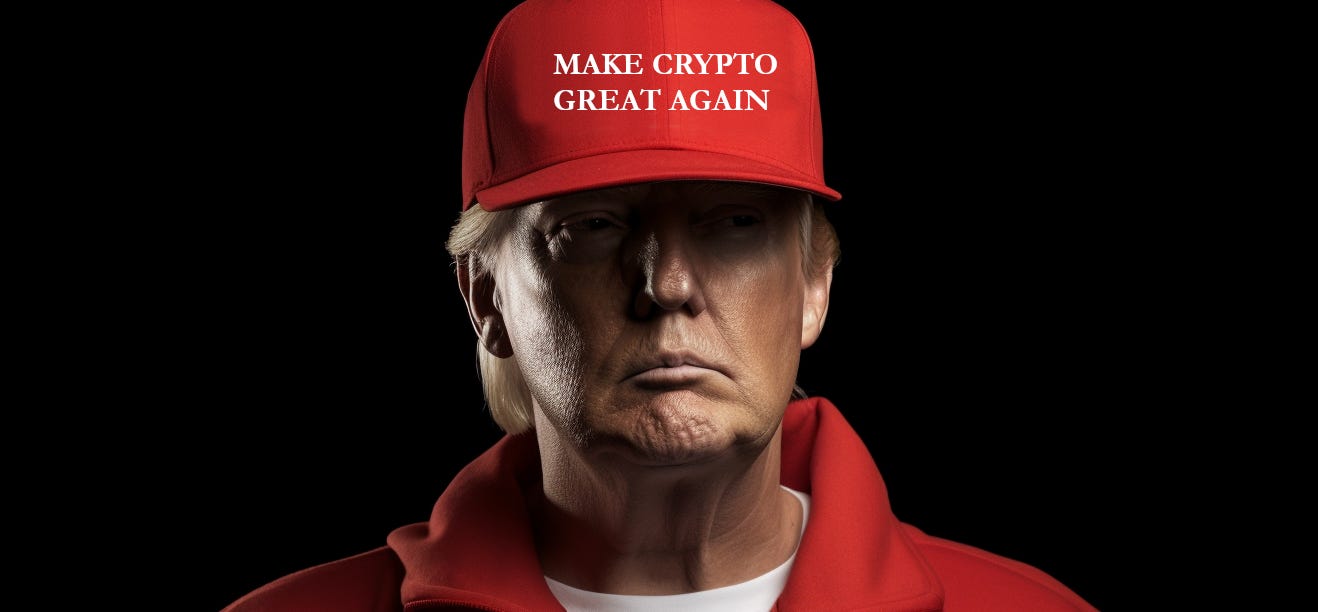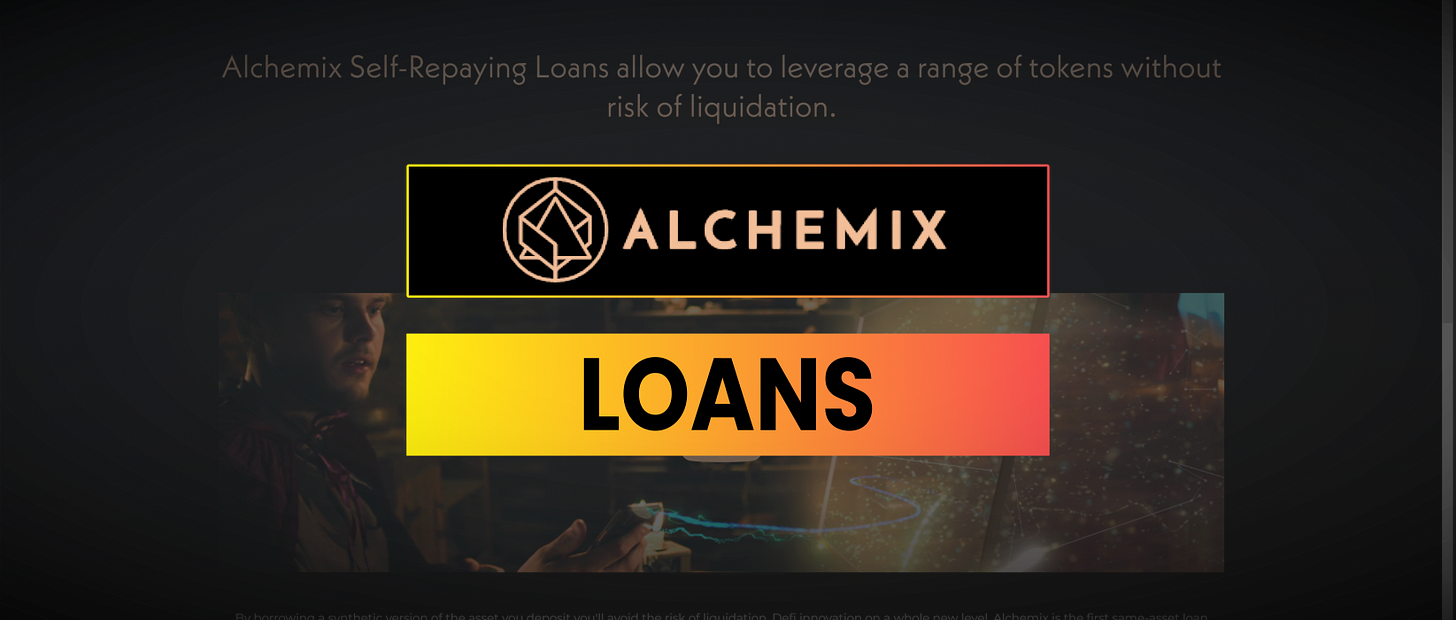Last week the SEC announced legal actions against Binance and Coinbase for multiple violations based around the trading of unregistered securities. In this newsletter I’m going to explore the potential outcomes of this and where it leaves centralized exchanges and the blockchain sector.
Scenario 1 - Criminal Charges
Currently there have been no criminal charges taken up against CZ, who is the founder of Binance, however there has been some suggestion that the wording of the documents suggests this is likely.
There is a possibility that the SEC looks to fine Coinbase and make an example of them while going for the jugular with Binance. The SEC aspires to regulate the crypto industry and they have less power if most of the trading is done outside the US.
If criminal charges are brought against CZ and Binance then it’s possible that they could forcibly close the worlds largest digital asset exchange. The trading volume would need to move somewhere as there is still demand to trade digital assets.
Coinbase could potentially benefit from the legal action over the long term if they are treated more leniently than Binance which is in the best interests of the regulators.
Coinbase could potentially settle out of court to conform to the regulators wishes, at which point the SEC would have significant control over what the exchange can and can’t do. As a US public company this seems somewhat likely as it would not be in the SEC’s interests to destroy a public company causing significant backlash from shareholders.
Scenario 2 - Securities Exchanges
The SEC could win the lawsuits, or settle prior and potentially force all centralized exchanges to register with the SEC as securities exchanges. This would give the SEC the control over the industry that they are seeking and require the exchanges to comply with a number of regulations, including those governing customer protection, market manipulation, and insider trading.
This would have a negative impact on the abilities of the exchanges to operate and compete with decentralized alternatives. The process of onboarding new tokens would probably go from days to months for example to comply with regulatory approvals.
The industry wants to trade the latest billion dollar memecoins that were created yesterday with 10x leverage and it will seek new ways to do it if CEX’s can’t provide it.
Scenario 3 - Regulatory Winter
The Ripple $XRP lawsuit is still ongoing after two years which has destroyed the momentum of that project.
The SEC may look to slow down the crypto sector by tying up the major players in similar legal battles. One legal professional I spoke to suggested that the cases brought against Binance and Coinbase would likely “take years to resolve”
Even if the exchanges can win the lawsuits and avoid being forced to register with the SEC, it wont happen any time soon. This is a dark cloud hanging over the industry which will likely deter institutional investment for the foreseeable future.
Legal battles are a costly and time consuming process for the exchanges. In such a fast paced industry it may have a significant impact on their ability to compete. This potentially opens the door for DeFi based trading platforms if, as an industry, we can get things like fiat on-ramps and trading UX improved in that time.
Scenario 4 - Trump To The Rescue
In November next year there will be a US presidential election. It has been suggested that the regulatory attack on crypto could become a significant voting point potentially benefiting the Republican party.
The two most likely candidates are Donald Trump and Ron DeSantis to run against either Biden or someone else from the Democratic party.
20% of Americans own crypto according to this poll. If even 10% of those 50m individuals are single issue voters then it could be enough to swing a close election. People are passionate about crypto and the government regulators are not seen in a good light by crypto holders. The SEC’s credibility as a regulator with a mandate to protect investors is long lost at this point.
The SEC’s failings and litigation has the potential to become a debatable issue over the election period which would favour the Republican party because it is easy to criticise. If the Republican party is successful, could a change in US government create a reversal in operation chokepoint 2.0?
Conclusion
Digital assets are a potential threat to fiat currencies but the industry will grow with or without government support. It is in the best interests of regulators to harbour innovation rather than fight against a tide of technological advancement.
It’s unlikely that the currently regulatory “legislation through enforcement” mandate will change or these cases will be resolved prior to the November election and it could perhaps take years.
This will have a negative impact on the crypto sector as a whole and how it is viewed by institutions and outside parties.
If regulators want to destroy centralized exchanges it will force a migration to DeFi, which ultimately is where the trading volume belongs. By regulators accelerating the timeline for this transition they are losing the control that their litigation seeks to gain.
Bare in mind that I am not a legal expert, have little understanding of US politics and do not own a crystal ball to tell what the future will hold.
Recent Research Posts
Social links are below and if you enjoyed this piece I would appreciate it if you could share this content around social media.













